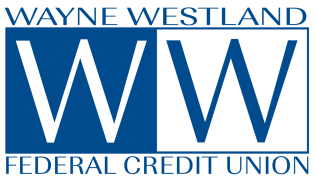Debit card fraud happens when someone else uses your card to make purchases without your permission. In 2024, losses from this kind of fraud hit about $6.2 billion in the U.S.—that’s roughly $19 per person and a 5% jump from last year. We’re here to share a few essential tips to help you lower your risk and keep your cash where it belongs.
- Keep an Eye on Your Accounts. Make a habit of checking your account statements and recent transactions. If you see anything fishy, call your credit union right away to report it and get your card blocked. Remember, you generally have up to 60 days from your statement date to report any unauthorized charges. WWFCU’s online banking platform even lets you set up balance or transaction alerts for real-time updates.
- Be Smart When Shopping Online. Online shopping is super convenient—but also a playground for fraudsters. Stick to websites that start with “HTTPS” (that little padlock means your connection is secure) and avoid clicking on sketchy ads or links on social media.
- Watch Out for Phishing Scams. Scammers may send emails, texts, or calls pretending to be from trusted companies. If something feels off, don’t click on any links or share personal information—especially over the phone unless you initiated the call. Instead, verify by contacting the company directly using the official contact details from their website.
- Use Secure ATMs. When you’re using an ATM, choose one in a busy, well-lit area. Give the machine a quick look—if anything seems off (like a card slot that feels loose or a keypad that looks unusual), don’t use it. Report any suspicious signs to your credit union immediately.
- Try Digital Wallets. Apps like Apple Pay, Samsung Pay, or Google Pay add an extra layer of security by encrypting your card info and requiring a PIN for each transaction. Plus, you don’t have to carry your physical card around, which means there’s one less way for fraudsters to get to your data.
- Protect Your Personal Info. Use strong, unique passwords for your online accounts and turn on two-factor authentication when you can. It might also be worth subscribing to a credit monitoring service so you can catch any unusual activity early.
At Wayne Westland Federal Credit Union, we’re committed to helping you keep your money safe. If you ever have questions or need a hand with fraud prevention, just drop us an email at financialsupport@wwfcu.org.
Stay vigilant and take care!
Sincerely,
Your Financial Gurus


















